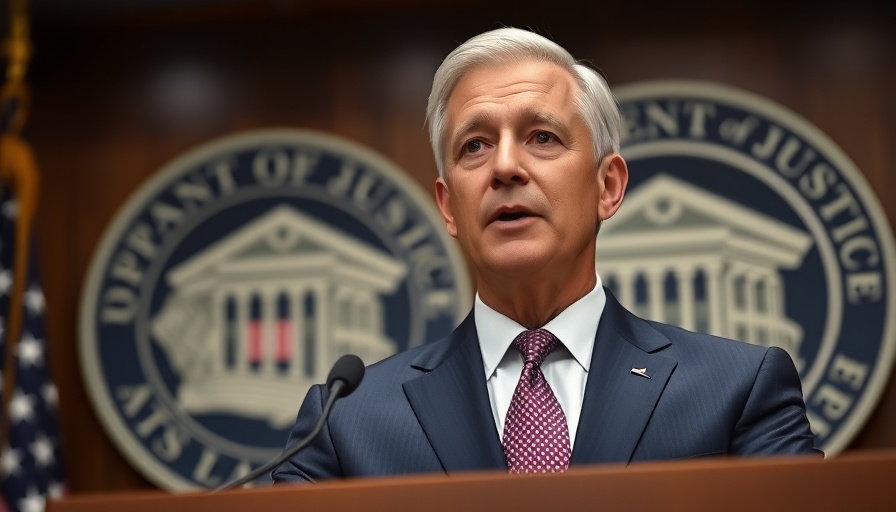
Historic Ruling: Alien Enemies Act Challenged in Modern Courts
In a bold judicial intervention, a federal court has temporarily blocked President Trump's attempt to invoke the Alien Enemies Act of 1798 for deporting immigrants, particularly those with Venezuelan roots. This wartime law, rather than serving as a blanket tool for deportation in times of peace, raises critical questions about executive power and civil rights in the United States.
Understanding the Alien Enemies Act: A Controversial Tool
The Alien Enemies Act allows the president to detain and deport noncitizens from nations the U.S. is at war with or perceives to be invading its borders. Historically, this act has only been activated during significant conflicts, such as the War of 1812 and the internment of Japanese-Americans during World War II. Its contemporary invocation has sparked unprecedented legal battles, given that it is being used in a time when the U.S. is not officially at war with Venezuela.
Legal Repercussions: The ACLU Steps In
The immediate backlash against Trump's invocation came from a coalition of legal advocates, including the American Civil Liberties Union (ACLU), which filed a lawsuit representing five Venezuelans detained in U.S. immigration facilities. The ACLU argues that the act is misapplied and could be wielded against anyone from Venezuela, even those with no ties to any criminal activity. "The severe harm our plaintiffs would face if removed highlights the lawlessness of invoking the Alien Enemies Act in this context," said Lee Gelernt, an attorney with the ACLU.
Political Implications: A Divided Public Reaction
The use of the Alien Enemies Act represents a dramatic shift in immigration policy and has divided public opinion. Supporters may argue that strict enforcement is necessary for national security, while critics highlight the inherent risks to civil liberties, particularly for vulnerable communities. This ruling compels society to consider the ethics of using historical wartime powers in peacetime, questioning what it means to balance security and humanity.
Future Predictions: Will Limits on Power Hold?
As legal challenges mount against Trump’s decision, it’s vital to watch how this situation unfolds. If upheld, the court’s ruling may set precedent for preserving the rights of noncitizens across the nation. Critics worry that further attempts to fortify immigration controls under a veil of wartime authority could erode civil liberties and constitutional protections.
Broader Context: Echoes of History
Historical parallels can’t be ignored as discussions about the Alien Enemies Act bring to mind past injustices faced by marginalized groups in America, especially the internment of Japanese Americans during World War II. Understanding this history may empower communities and legal professionals to advocate for just practices that respect both national security and individual rights.
Actionable Insights: Empowering the Community
In light of these developments, community engagement is crucial. Advocating for immigrant rights, understanding the implications of legal rulings, and participating in discussions around policy reform can help safeguard civil liberties. Everyone can play a role in creating a society where laws are applied fairly and justly.
This landmark ruling against the potential misuse of the Alien Enemies Act highlights the importance of vigilance in preserving civil rights. Join community forums, read federal court updates, and stay informed about policies affecting immigration law. Your voice matters in shaping the future of fair immigration policy.
 Add Element
Add Element  Add Row
Add Row 



 Add Row
Add Row  Add
Add 


Write A Comment